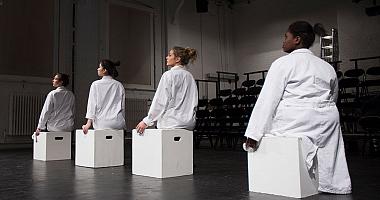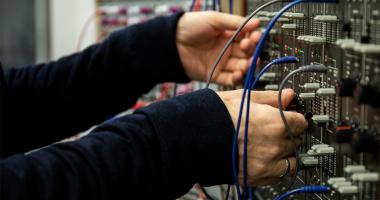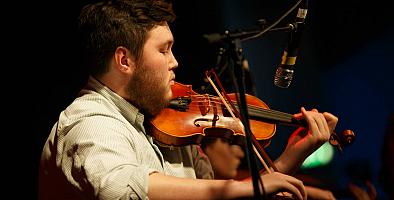Course information
Department
Length
1 year full-time or 2 years part-time
Scholarship information
Course overview
This Masters develops your technical and interpretive abilities as a performer, informed by an understanding of style, genre, context and interpretation, as well as historical and theoretical issues relevant to your specialist repertoire.
- You have the opportunity to engage with a range of different musical styles, and to develop those practical and intellectual skills that can make you a better informed and more accomplished performer.
- You receive significant amounts of one-to-one instrumental or vocal tuition from expert performers, and participate in yearly masterclasses with distinguished international performers and teachers.
- You develop your individual specialist skills to a high technical and artistic standard, while also developing intellectual and team-working skills, and you have the opportunity to perform with a variety of departmental ensembles, including Goldsmiths’ Sinfonia.
- The programme offers an extensive list of elective modules that encompass historical study and the latest performance-based technologies.
- The pathway is particularly suitable for those hoping to develop a career as a professional solo or chamber musician, or to develop performance skills before entering teaching, or as preparation for PhD research in performance practice.
- It appeals to and can accommodate many different types of performer, whether your interests are in Classical or Romantic repertoire, or contemporary music.
Contact the department
If you have specific questions about the degree, contact Pete Furniss.





